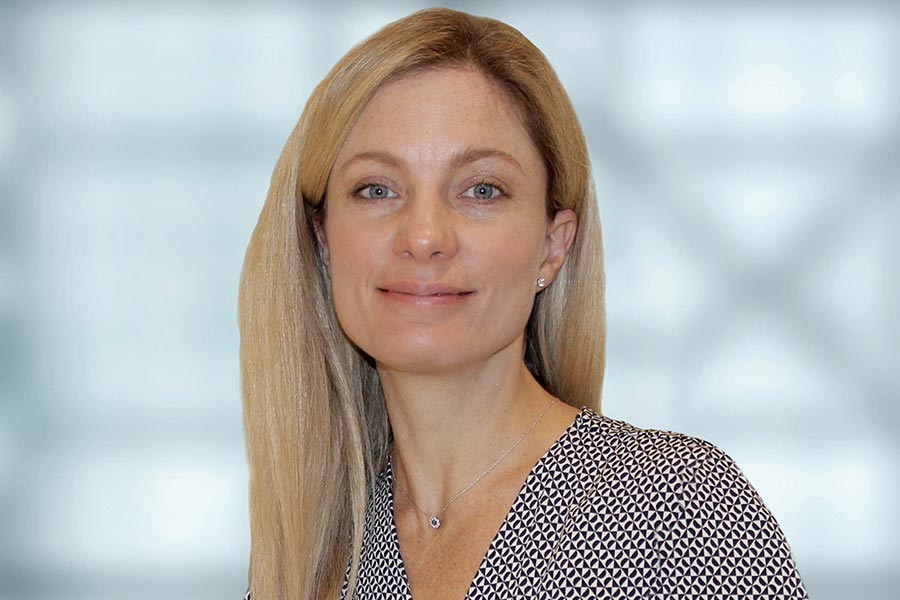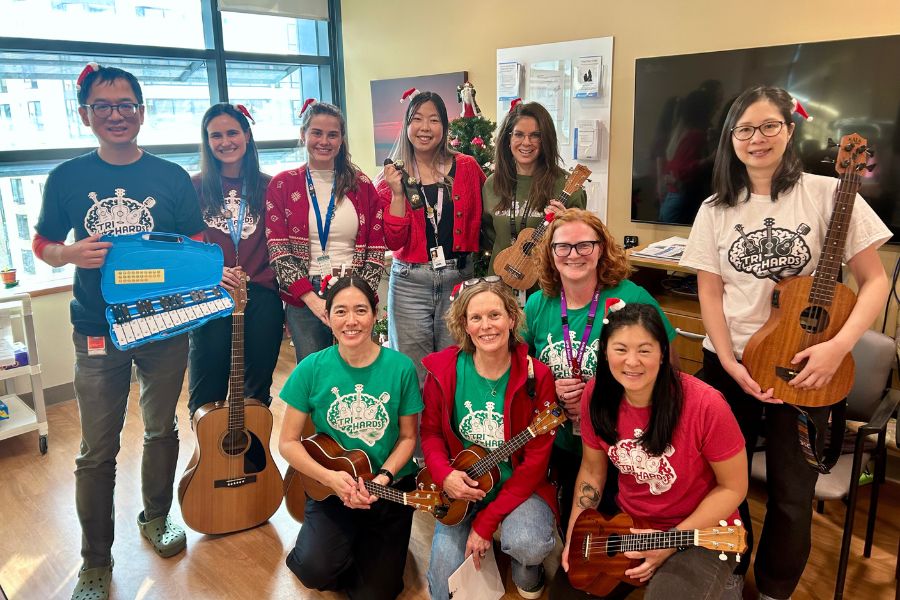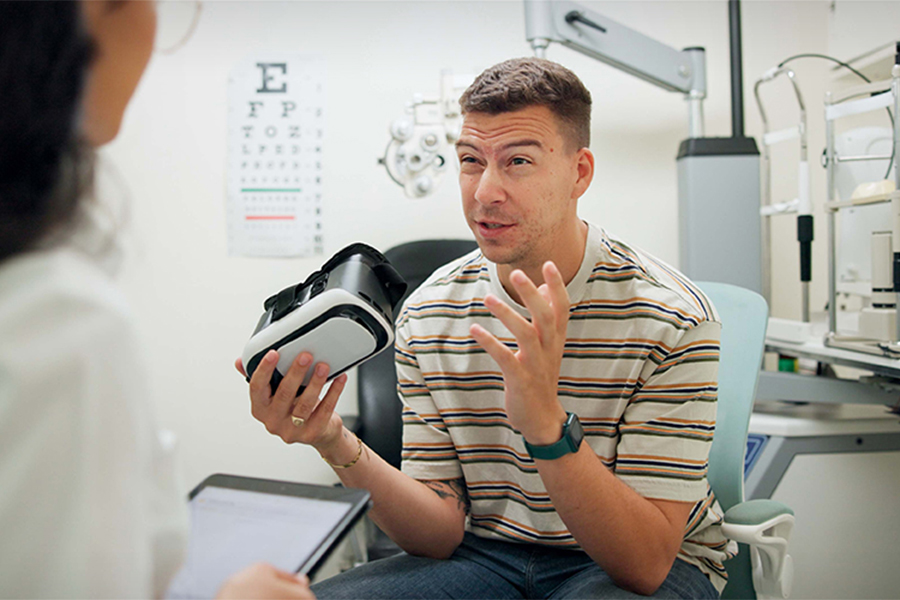Andrea Luciani, who recently graduated from York University with a bachelor’s degree in social work, says the LIFEspan program “took the time to get to know me and what my needs were to be an independent individual.” (Photo: UHN)
Despite the obstacles posed by a diagnosis of cerebral palsy at birth, Andrea Luciani is determined to defy the odds and pursue her dream of becoming a social worker and advocate for people with disabilities.
Thanks in large part to an important program called LIFEspan – a partnership between Holland Bloorview Kids Rehabilitation Hospital and University Health Network’s Toronto Rehab-Rumsey Centre – Andrea is one step closer to achieving that goal.
The LIFEspan team has provided crucial coaching and supports along the way that have helped her follow her passion, stay focused and graduate from York University with a bachelor in social work.
“At LIFEspan, they took the time to get to know me and what my needs were to be an independent individual,” says Andrea, 28, who was born with cerebral palsy, and enrolled in the program in Grade 9.
When children with disabilities turn 18, the transition from paediatric to adult care can be daunting. These challenges include having to adapt to changes in care, funding and community resources, managing their own personal health and navigating the education system.
LIFESpan is designed to assist children with disabilities and their parents by making it easier for young adults to navigate the difficult transition to adult independent living.

The “LIFE” in LIFEspan stands for Living Independently Fully Engaged, says Dr. Sarah Munce, a health services research and knowledge translation scientist at the KITE Research Institute at UHN, who works with clinicians to develop effective transitional care interventions for each patient who enters the program.
Dr. Munce’s research at KITE focuses on developing, implementing, and evaluating these interventions to increase every individual’s independence and promote community integration.
“The research component of the LIFEspan Service, which is closely linked to the clinical side, provides a significant opportunity to continually evaluate and improve existing programs, as well as develop new programs based on best practices,” she says.
Here’s how it works. Eligible children between the ages of 14 and 18 with cerebral palsy and childhood onset acquired brain injury (ABI) at Holland Bloorview are referred to the program. LIFEspan provides guidance, advice and direction at Toronto Rehab to these patients throughout their 20s.
“We know that a lack of continuity of care from the paediatric to adult system can lead to poor health outcomes and decreased opportunities to participate in the community,” says Dr. Munce. “Without continuous and appropriate services, health concerns may remain undetected, putting young adults at further risk of developing preventable health complications and comorbidities.”
LIFEspan services are offered in a single point of access, which reduces the number of appointments needed by the clients. Services include nutrition counseling, spasticity and pain management, speech language therapy consultation, mobility assessment, supports, exercise consultation and short-term supportive counseling.
Patients graduate from LIFEspan at age 30
Andrea Lauzon, nurse practitioner and member of the medical consultation team at LIFEspan, says before the program was established, there was a void in the healthcare system for youth transitioning from paediatric to adult healthcare.
“We have a team where some of us are cross appointed between paediatric and adult rehab, encouraging a warm handover and familiar faces when youth enter the adult program,” says Andrea Lauzon.
By the time they graduate at age 30, LIFEspan clients have the access they need to care through community health centres, family doctors and personal support workers.
“Our next steps will involve co-designing an online peer navigation intervention with LIFEspan clients and their family members,” says Dr. Munce. “Ultimately, this program will improve knowledge, readiness for, and confidence in accessing and using appropriate health services in the community.”
For Andrea Luciani, LIFEspan has been an invaluable part of her success. In October, 2020, she earned her bachelor in social work and in September plans to start work towards a Master’s Degree, specializing in disability rights, advocacy and policy.
“I never doubted I could achieve whatever I set out to do,” she says. “I felt supported the entire time.”


